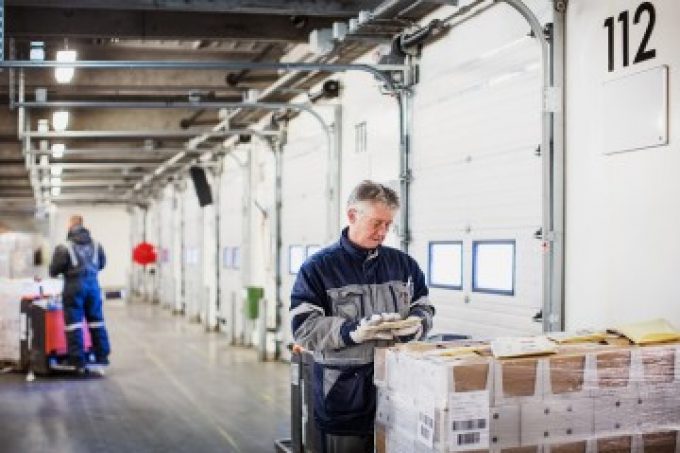Pitney Bowes bows out of global e-commerce with sale of loss-making GEC
Parcel giant Pitney Bowes (PB) is making a fast exit from e-commerce. Hours before tabling its ...

Supply chain transparency and e-commerce are the key consumer-driven trends shaping the future of food logistics, according to a new study by Berlin Technical University (BTU).
A survey of 100 manufacturers, retailers and logistics companies also notes the growing importance of seasonal and regional produce, and that customers are placing greater ...

Comment on this article